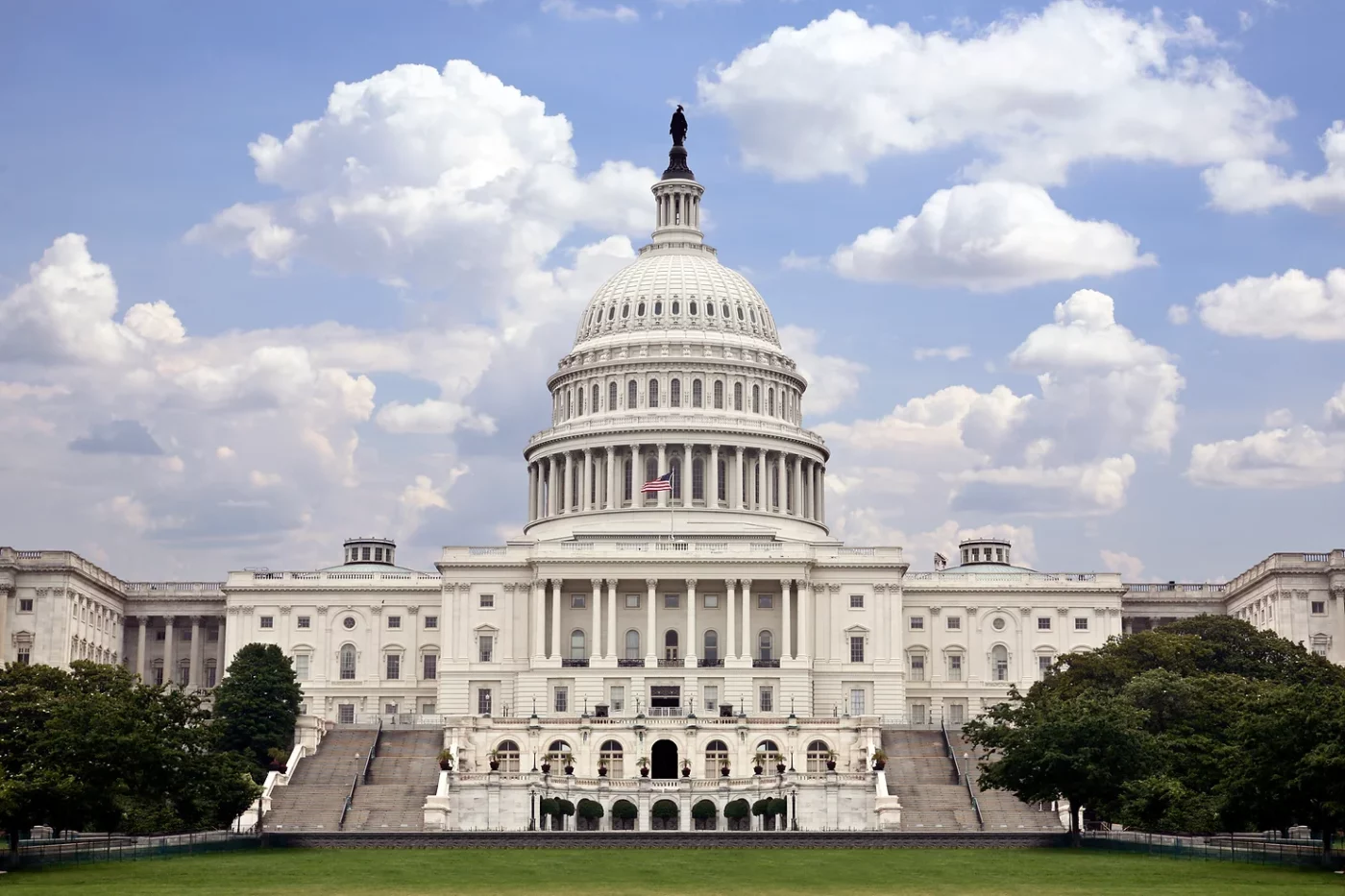Congress should prevent Veterans Affairs from ‘fixing’ what isn’t broken

This OP-ED originally appeared on the Washington Times.
They need to uphold the requirements laid out in the MISSION Act
OPINION:
A Department of Veterans Affairs program, colloquially known as “community care,” has become so popular that senior VA officials are claiming it threatens VA facilities and veteran care.
Now, the agency is considering changes to eligibility standards, effectively making it harder for veterans that wish to use it. Community care has proven to be a vital lifeline for veterans otherwise trapped in their overburdened local facility. Changing eligibility to access community care would lead to longer wait times and, potentially, to veteran harm.
Although long wait times are nothing new for veterans, the issue burst into broad public awareness when a damning report by the VA’s Office of Inspector General confirmed 2014 whistleblower allegations that 1,700 patients were put on secret waitlists for appointments at the Phoenix VA, in an effort to manipulate statistics for wait times.
Some of these veterans died waiting. The OIG noted that the underlying issues leading to the scandal were “systemic throughout [VA].” In response, Congress passed the CHOICE Act in 2014, establishing the first iteration of community care, and the subsequent MISSION Act in 2018. Both passed with overwhelmingly bipartisan support, with the latter mandating the VA use six access standards. The intent was to ensure veterans could use private doctors, paid by the VA, if the agency couldn’t provide care a veteran needed within a reasonable time or distance, acting as a “relief valve” of sorts.
The program’s success since that time speaks for itself. Authorizations for veterans to use private doctors have increased every year, and community care now accounts for roughly one-third of the VA’s $82.3-billion budget for health care. VA officials are asserting the precipitous rise in funding will lead to a reduction in local VA infrastructure and fracture coordination of veteran’s care.
So instead of soberly assessing systemic issues that have led to the precipitous use of community care and taking serious steps to address them via legislation or regulation, VA officials are considering adjusting the standards. Admittedly it’s an easier lift than the former option, but simply put, it’s an uncreative solution that will backfire in potentially lethal ways.
Unfortunately, VA officials are getting political cover from some members of Congress who don’t want VA facilities — and the jobs that come with them — to close in their district. No doubt worried about looming tectonic shifts in the veteran community like the rapidly declining population, geographic moves from traditionally high-population states, and expansion of telehealth and video-conferencing options, these members are lobbied by powerful interest groups who say community care is an existential threat that will lead to “privatization” of the VA.
It’s a misleadingly attractive but certainly untenable argument, given that the VA’s budget, staff and veteran enrollment numbers have exploded in the past decade. The department is not going anywhere, and I don’t know of any reasonable person who would even want it to. I use the VA for 100% of my health care, unlike some vocal opponents of the MISSION Act requirements, and have had mostly good experiences.
The VA addresses some veteran-specific issues better than civilian health care providers, and the data shows that veterans who engage with them have a decreased risk of suicide. But I still believe the current access standards should be made permanent because, as policy, they are in the best interest of veterans across America regardless of personal geography.
Veterans who use the VA all have roughly the same argument: “I’d prefer to get my care at the VA, but if I need it sooner rather than later, I don’t care who provides it, as long as I don’t have to pay for it.” This anecdotal evidence was confirmed in February when Mission Roll Call polled veterans asking if their brothers and sisters with mental health challenges should be able to access the provider of their choice, even if not in the VA system. We got over 7,200 responses with 94% saying yes.
The exponential growth of community care under the current access standards shows just how desperate veterans are to receive their health care, particularly mental health care, in a timely manner.
In an environment when recruitment levels are low enough to negatively impact national security, potential recruits need to know that in the unfortunate event they are physically or mentally injured during the course of their service, they’ll have access to timely care. We ask these brave men and women to put their lives on the line. Ensuring their ability to recover and thrive post-service is an implicitly basic obligation and our sacred duty as Americans.
Congress should not retreat one inch from the commitment it made to veterans via the MISSION Act. Immediate action is necessary to ensure veteran access to community care, and the reversal of any VA practices or policies that violate the requirements of the law, like what has been reported. We applaud members of the House and the Senate who have demanded the VA comply with the MISSION Act’s requirements, and urge both chambers to make the current standards permanent.
Cole Lyle is the executive director of Mission Roll Call, a nonpartisan organization with over 1 million veteran members that advocates for veteran interests before Congress, focusing primarily on veteran suicide rates, increased accessibility to health care for veterans, and the unique needs of veterans in tribal and rural communities.